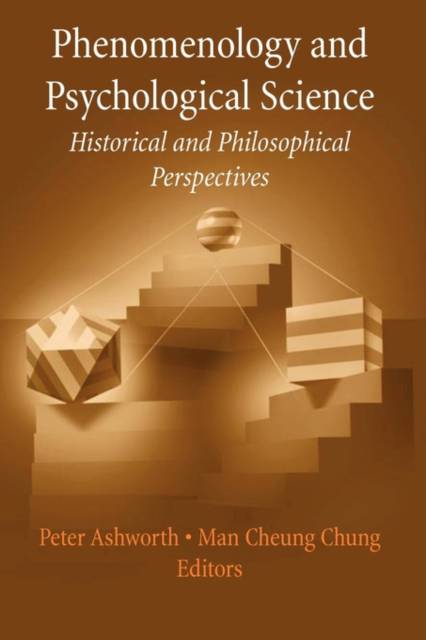
- Retrait gratuit dans votre magasin Club
- 7.000.000 titres dans notre catalogue
- Payer en toute sécurité
- Toujours un magasin près de chez vous
- Retrait gratuit dans votre magasin Club
- 7.000.0000 titres dans notre catalogue
- Payer en toute sécurité
- Toujours un magasin près de chez vous
Phenomenology and Psychological Science
Historical and Philosophical Perspectives
Description
In order to dispel the basic misconceptions surrounding phenomenological philosophy, the editors and their seven collaborators trace the evolution of phenomenological philosophy (including the work of Sartre and Heidegger) and its parallel impact on psychological science, revealing key points of compatibility: The phenomenological roots of mainstream psychology, controversies within phenomenology on the nature of consciousness, existentialist currents in contemporary psychology, the value of qualitative methods in science-based practice, applications of phenomenology in case conceptualization and therapy, possibilities for qualitative-based research. The unique presentation of its subject makes this volume a source of considerable interest for readers involved in theoretical and historical psychology. It will also prove to be important reading for the professional or advanced student concerned with the search for meaning that unites philosophy and psychology.
Spécifications
Parties prenantes
- Editeur:
Contenu
- Nombre de pages :
- 216
- Langue:
- Anglais
- Collection :
Caractéristiques
- EAN:
- 9781441922199
- Date de parution :
- 23-11-10
- Format:
- Livre broché
- Format numérique:
- Trade paperback (VS)
- Dimensions :
- 156 mm x 234 mm
- Poids :
- 326 g

Les avis
Nous publions uniquement les avis qui respectent les conditions requises. Consultez nos conditions pour les avis.





